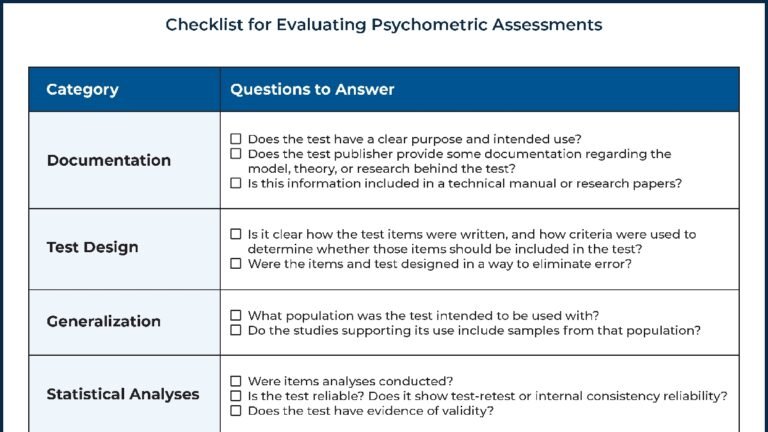Mental health testing (MHT) is an important tool used worldwide to assess psychological resources related to mental health. A recent study conducted in four Hungarian health facilities aimed to examine its psychometric properties, with an emphasis on its validity and reliability. This study successfully validated MHT within a psychiatric sample and provided valuable insights into its relationships with sociodemographic indicators, organic symptoms, psychiatric disorders, and treatment modalities.
Understanding mental health testing
MHT is designed to cover a wide range of psychological resources related to mental health. It focuses on global well-being, taste, creativity and efficiency in execution, self-regulation, and resilience. A recent study included a psychiatric sample of her 331 patients who completed the MHT along with a health, mental health measure, and symptom checklist.
research result
Results demonstrated that the MHT fit well with the five-factor model, showed high internal consistency coefficients, and good external and content validity. This means that this test is suitable for assessing mental health capacity and resources in psychiatric samples. Furthermore, it has proven to be a reliable tool for examining the relationship between the test and sociodemographic indicators, psychiatric disorders and symptoms, and psychotherapy.
Translate mental health tests for a wide range of applications
Just as the MHT was validated in Hungarian, there is a global need for mental health tests to be translated and validated into different languages. For example, the Standardized Assessment of Personality Abbreviated Scale (SAPAS) was recently translated into Japanese. Its validation revealed that SAPAS has good sensitivity and specificity for personality disorder (PD) screening and correlates with PD-related symptoms such as depression and anxiety. Translating and validating such tests into different languages will help achieve more comprehensive mental health diagnosis around the world.
New mental health test and its validation
New mental health tests are continually being developed and validated across different cultures and languages. For example, the Peirce Alexithymia Questionnaire Short Form (PAQ S) was recently introduced in Russia and demonstrated strong factorial validity, good internal consistency reliability, and convergent and divergent validity. Similarly, the Gudjonsson Compliance Scale (GCS) has been validated in non-Western contexts, particularly in Chinese populations, and has shown reliability in measuring trait compliance.
The impact of birth conditions on mental health
Research has also focused on the link between birth conditions and mental health. For example, one study found that adults born small for gestational age (SGA) had higher total difficulty scores and reported more internalizing and emotional problems compared to controls. got it. This highlights the importance of considering all health factors, including birth conditions, in mental health assessment and treatment.
conclusion
In conclusion, validation of mental health tests like the MHT in different cultural and linguistic contexts is important for global mental health assessments. Such validation, along with the development and validation of new mental health tests, will help provide more comprehensive, accurate, and personalized mental health care. However, the relationship between birth conditions and mental health is a reminder that mental health care needs to be holistic, taking into account all health factors that can influence a person’s mental health. Masu.


